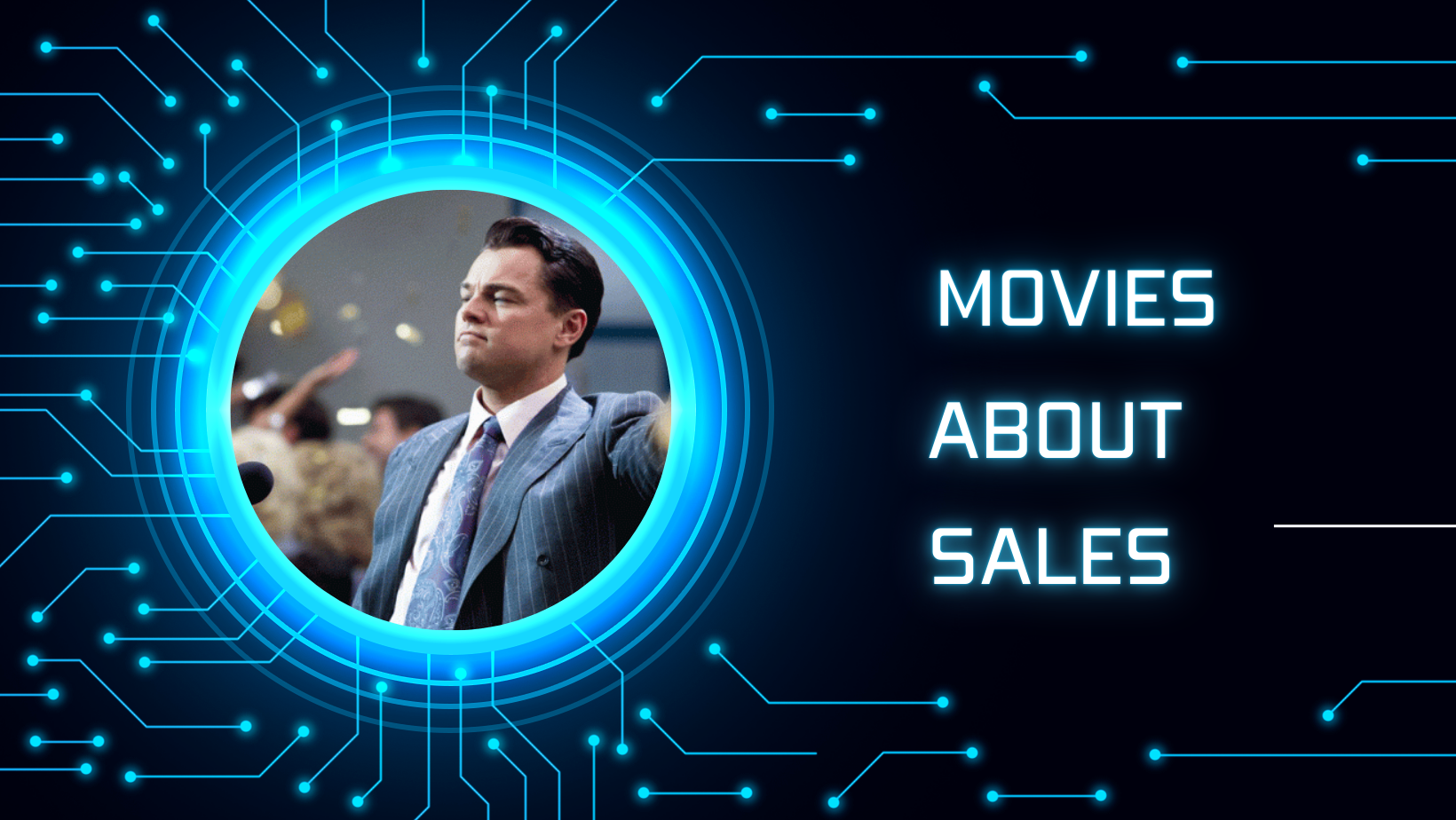With 13% of global workers employed in sales, you might expect that there would be plenty of films showcasing this demanding career path; unfortunately there are far fewer.
Will Smith’s iconic performance as Jerry Maguire or Brad Pitt’s rise from poverty in Moneyball demonstrate how perseverance and hard work can lead to sales success.
Glengarry Glen Ross
Jack Lemmon, Alec Baldwin and Al Pacino star in this cinematic adaptation of David Mamet’s play. Set in a real estate office, the movie depicts two days in the lives of four salesmen desperately looking for work and leads – Shelley Levene is long past her glory days while Dave Moss feels pressure from an unscrupulous management to perform at any cost – while George Aaronow struggles under management vultures who look out only for themselves and profit over all else.
Blake (Alec Baldwin), an enthusiastic motivator, steps in and announces to his fellow salespeople that the best seller will receive a Cadillac and second place will receive a steak knife set; all other salespeople will be fired. Written by Mamet who once worked in sales himself, this script contains plenty of biting dialogue – particularly after Baldwin proclaims, with characteristic mockery: Coffee is for closers! (which has since become an iconic catchphrase referring to specific types of salesman). Baldwin’s declaration underscores their desperation while simultaneously showing their desperation.
Wall Street
Financial world life and its significance to national and global economies make for a prime subject of movie-making, though its portrayal can sometimes prove challenging. Dramas such as Wall Street or Barbarians at the Gate can certainly deliver in terms of entertainment value; yet their narrative may lack depth that would provide greater depth character-wise.
Oliver Stone follows up his highly successful 1986 movie Platoon by depicting New York power brokers’ treachery as both difficult to resist and corrupt – free from any notion of morality or humanity, driven solely by greed and profit.
Michael Douglas excels as Gordon Gekko and has become a symbol of wealth and success since uttering his trademark phrase, “Greed is good”. However, for viewers unfamiliar with business terms or its language (Wall Street lingo is prevalent throughout), watching this film may prove challenging.
The Pursuit of Happiness
Based on an incredible true story, The Pursuit of Happiness stars Will Smith as Chris Gardner, an underemployed salesman determined not to give up. After being forced to live in a homeless shelter with his five-year-old son for more than six months due to eviction, Chris continues his dream of becoming a stockbroker.
Unlike many movies about salesmen, The Pursuit of Happiness does not romanticize or glorify the harsh world of sales. Instead, it shows the reality of sales work – including its rejection rate – but still provides an inspiring story that will move its audiences.
Will Smith plays an ambitious, yet struggling salesman struggling to make ends meet in San Francisco. He works a dead-end job selling bone density scanners to doctors and medical centers – often hearing no when selling his machines – yet often facing rejection himself from customers and being ignored by his wife – all while dealing with financial distress on a daily basis.
Persistence pays off when it comes to providing for Christopher (Jaden Smith), as shown through this film about his journey from being an impoverished single parent to becoming an established business owner.
Tommy Boy
As Tommy Callahan (Chris Farley) inherits his nearly bankrupt auto parts company from his late father, nearly bankrupt himself, his first task is to sell enough high-tech brake pads to save their jobs – his stepmother Beverly (Bo Derek), along with Richard (David Spade), travel along as he attempts to make enough sales in order to protect workers who may lose theirs due to his failure. With these key figures in tow he hits the road alongside his forbidding assistant before finding that life offers more than beer swilling at local pubs alone.
Tommy Boy is a clear knockoff of Planes, Trains and Automobiles; nevertheless, it still manages to provide some laughs thanks to director Peter Segal (Naked Gun 331/3)’s talent in developing Farley-Spade chemistry and even though Roger Ebert included this film on his “Most Hated” list, Tommy Boy has its own special charm that cannot be denied.
Tommy Boy is SNL creator Lorne Michaels’ follow-up box office success, following The Blues Brothers and Caddyshack, and it proves itself as yet another proof-of-concept comedy that follows in their footsteps with its lame humor and lackluster plotline. However, Farley and Spade shine as socially immature friends engaging in an intellectual battle on the way to business success.
Boiler Room
This 1987 film examines the world of hot shot stockbrokers. College dropout Seth Davis (Giovanni Ribisi) joins an unscrupulous firm of stockbrokers that promises him millions in his first few months with them. As Seth quickly masters high-pressure phone marketing and strikes up an intimate friendship with Nia Long’s secretary secretary, but soon realizes their firm is selling worthless shares to investors and starts investigating more closely than expected.
Ben Younger directs this thrilling, fast-paced thriller which is immensely engaging to watch. The young cast does an exceptional job while Younger utilizes his music video experience to add a unique, hyperactive and thrilling atmosphere.
Ribisi shines as Seth, supported by Ron Rifkin and Vin Diesel. Nia Long stands out as an effective love interest. However, this movie does have some flaws; for example its ending can be too predictable while it can get sentimental at times – yet still worthy of viewing! Overall it remains must-watch material.

